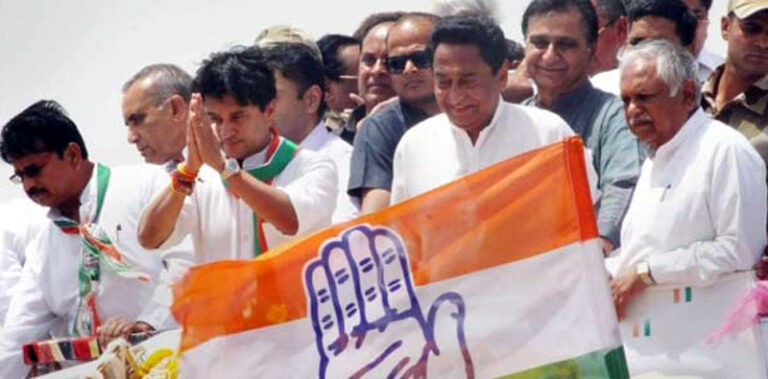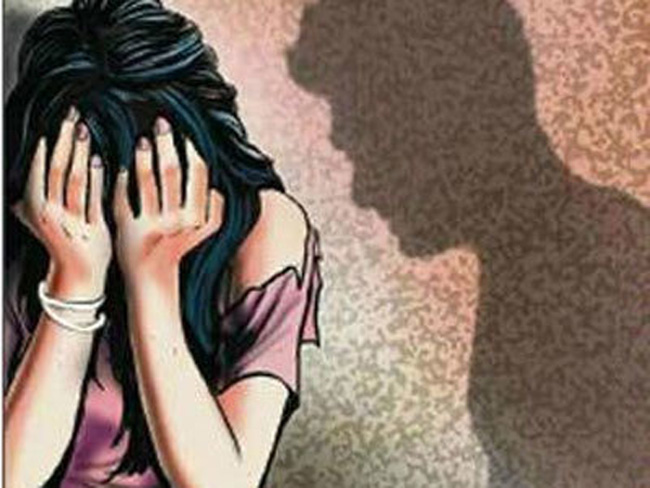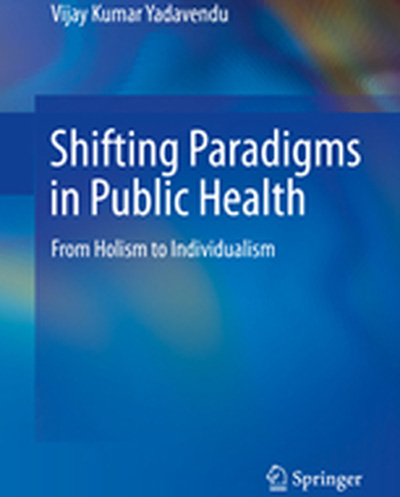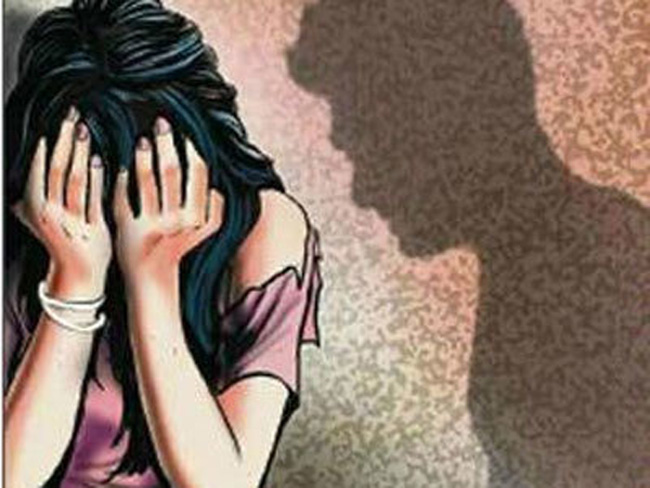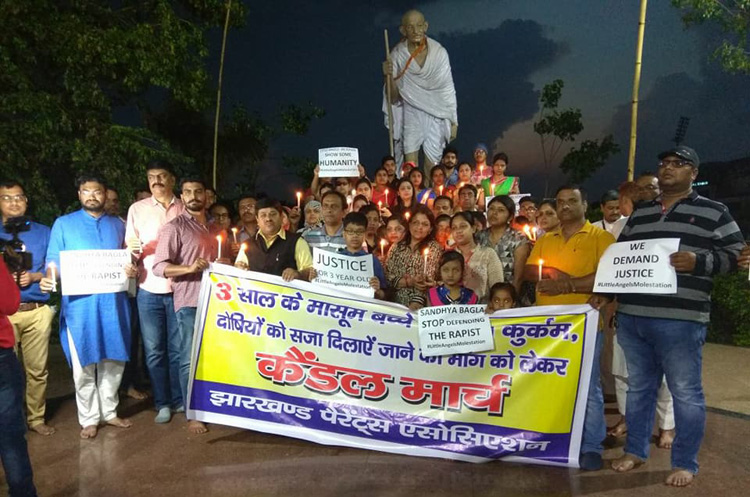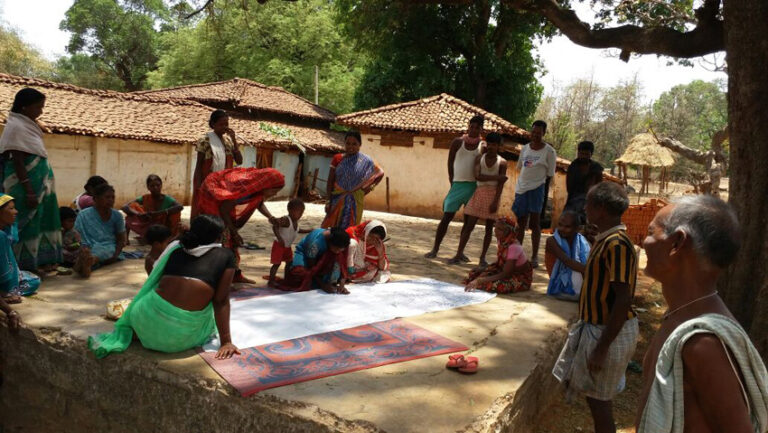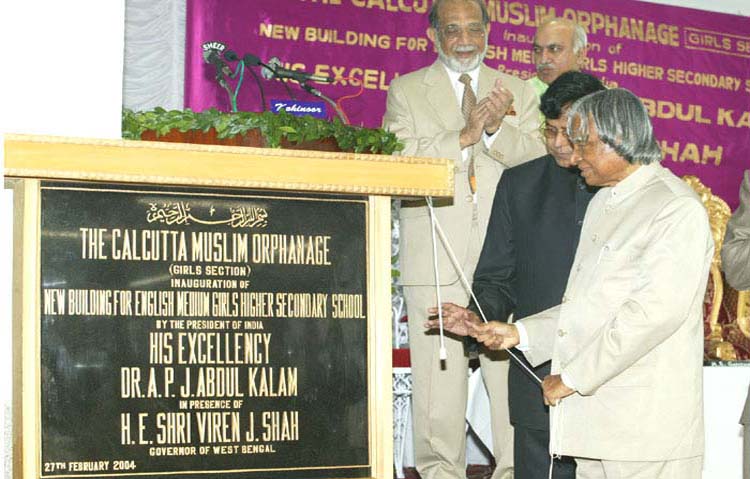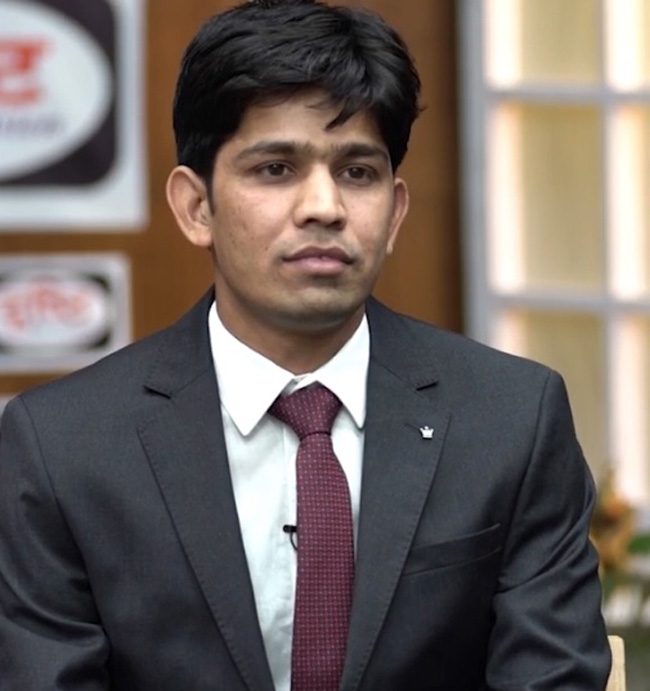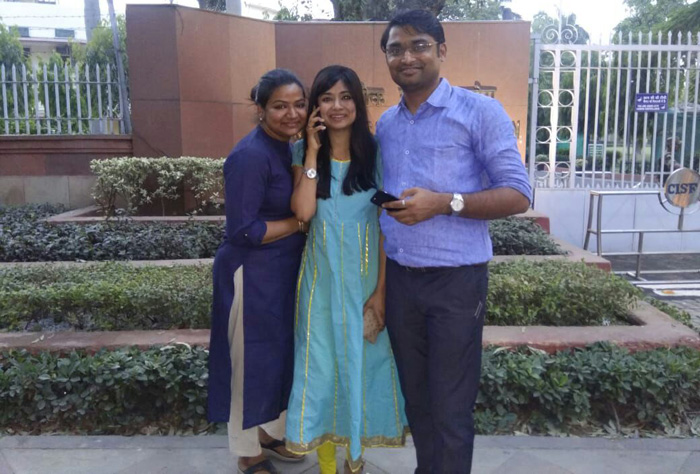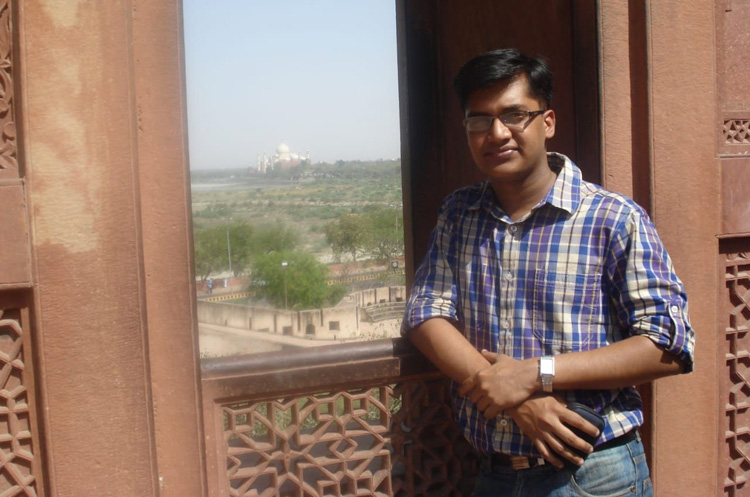Septuagenarian Kamal Nath is close to fulfilling his long-cherished ambition of becoming Chief Minister of Madhya Pradesh. At least so think his fans and supporters of whom there are many – and not only in politics. On the occasion of his son’s marriage in the 1990s, I went to the telegraph office in Bhopal to send a telegram of good wishes. I picked up a phrase from the list of standard greetings phrases (then in vogue) and wrote the address ‘Kamal Nath, Chhindwara’. The clerk read the telegram a few times, looked at me and said hesitantly: “Sir, Kamal Nathji ke naam ke aage Shri likh dijiye. Bahut bade Aadmi hain. Paisa utna hi lagega. (Sir, you can write Shri before Kamal Nathji’s name. he is a big person. The charge for the telegram will be the same).” During the 2008 Assembly elections a British journalist touring Madhya Pradesh to cover the elections for his news agency asked me if Kamal Nath had a chance of becoming the Chief Minister. He remarked that (then Union Commerce Minister) Kamal Nath had made many admirers in Geneva (in the course of his WTO interactions) and they all felt that he deserved to become the Chief Minister of Madhya Pradesh.
Lok Sabha member from Guna, Jyotiraditya Scindia was considered the front-runner in the race for being declared chief ministerial candidate till about a month back when the Congress high command nominated Kamal Nath as the PCC president in place of Arun Yadav towards the end of last month. AICC general secretary and former Chief Minister Digvijaya Singh, who had acquired a new aura after completing (in six months) the 3,300-km Narmada parikrama, was said to have convinced the high command that he would ensure Congress victory in the Assembly elections, due later this year, if Kamal Nath was made the PCC chief. Scindia was simultaneously appointed chairman of the campaign committee. It is not a secret that Digvijaya Singh does not like Jyotiraditya Scindia nor did he like his late father Madhavrao Scindia.
Kamal Nath’s ambition to occupy the Chief Minister’s chair in Madhya Pradesh goes back to 1980 when he had staked his claim along with Arjun Singh and Shivbhan Singh Solanki, a tribal leader from Jhabua. When the views of the party MLAs were ascertained, Solanki was the choice of the highest number of MLAs while Kamal Nath stood third. The AICC observers, deputed to conduct the election of the legislature party leader, contacted Sanjay Gandhi who was ruling the roost at the time. Gandhi’s choice was Arjun Singh. Kamal Nath, a Sanjay buff, then declared that his votes be added to Arjun Singh’s votes which became more than Solanki and Arjun Singh thus became the Chief Minister.
During the decade Digvijaya Singh was the Chief Minister, Kamal Nath told reporters a few times that he would soon replace Digvijaya Singh. The latter always retorted: ‘he is welcome but where are the MLAs with him.’ Once he called me up from Delhi and said that 55 MLAs had pledged their support to him. Asked about the names, at least of a dozen or so, he prevaricated. A week later he, however, got the story published from Delhi in a prominent paper. Every time the Assembly elections are near, he would descend on Bhopal with the hope (without declaring it openly) that he would somehow manage the Chief Minister’s position if the Congress got the majority. This time, though, he must be feeling a lot of confidence with his position as the PCC chief and Digvijaya Singh’s assurance to make him the Chief Minister.
Kamal Nath feels restless when without any position. Having taken the basic training of politics from the late Sanjay Gandhi (in the Youth Congress), he contested his first Lok Sabha election from Chhindwara in 1980 and he has since been keeping his lien on the constituency. He was denied the ticket in 1996 because of the Havana allegations. But he did not leave the Congress as Madhavrao Scindia had done. So he persuaded the party leadership to nominate his wife Alka Nath in his place. She had won with an impressive margin. However, Kamal Nath became restless within a few months and made Alka Nath resign so that he could himself contest. The word spread at the time was that Alka Nath was not feeling comfortable as a Member of Parliament. The BJP, which had put forward former Chief Minister Sunderlal Patwa against Kamal Nath in the by-election, gave a twist to the Kamal Nath-Alka Nath relationship and also exploited the confiscation of certain objects by the Customs from Kamal Nath’s luggage on his return from abroad. Few could match Sunderlal Patwa in slander mongering; the former BJP Chief Minister had turned it into a fine art.
Then Jammu and Kashmir chief minister Farooq Abdullah, whom Kamal Nath had invited for campaigning for him, unwittingly helped the BJP cause. He was chatting with some journalists in a relaxed mood. Asked what he thought was the solution to the Kashmir problem, he said that he “personally” felt that the only solution to the problem was that India and Pakistan should be allowed to keep parts of Jammu and Kashmir now under their control and the line of control should be declared international border. What more did the BJP want? Kamal Nath lost to Patwa. That was the only time when the constituency went out of the Congress hands. Kamal Nath took his revenge on Patwa a year later, in 1998, winning the seat with over 58 per cent of the polled votes. He has since been representing Chhindwara in Lok Sabha continuously.


